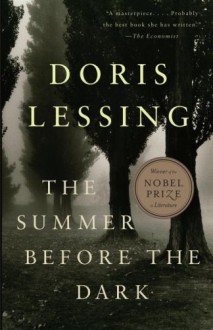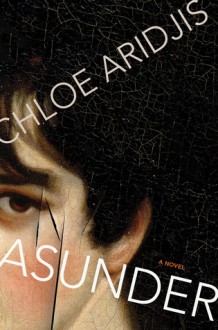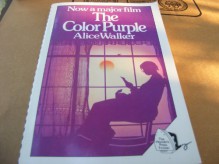
Before it all slips away from my feeble psychological grasp, before the after-effects start wearing off, let me write it all out. About the summer before the dark.
The first thing that struck me while reading was this - Fuck purple prose. Or red or maroon or magenta prose for that matter. (And I say this in full acknowledgement of the fact that my prose is often closer to purple than any other color.) Screw post-modernism and its deliberate way of being obtuse, obscure, snarky. Screw all that.
Because this is it. This is what I want to achieve if I were to attempt writing a stream of consciousness novel some day. This laying bare of all the everyday inner battles a woman wages with her conscience, with society, with those hunters lined up on the sidewalk eyeing her with the interest of a sexual predator as she walks home in that form-fitting dress. Delving this deep into the psyche of a human being who navigates the space of a few months rapidly changing disguises never knowing which of them are closer to her real self, but in prose so beautifully self-evident. The things nobody in the world is bothered about because all of it is so awfully pedestrian. After all, there's nothing remotely tantalizing about an upper class woman having perfunctory sex in a passionless affair or caring for her husband, her children, molding her existence around their schedules. There's barely any appreciation for what she is doing for society at large by playing the forever-at-your-service comfort-giver. The way she is working a thankless job, drifting through life mostly invisible in the eyes of the ones who surround her.
This is how Virginia Woolf would have written if she had been alive right now. Because Mrs Kate Brown is nothing but a slightly modified modern day avatar of Clarissa Dalloway or Mrs Ramsay. Her insecurities about her steadily whitening hair and declining sex appeal maybe belittled as a rich white woman's first world problems but pay a little attention to them and you will see how universal and all-encompassing her gripe with patriarchy is.
"She marries because to get married young is to prove herself; and then it must be as if she has inside her an organ capable of absorbing and giving off thousands of watts of Love, Attention, Flattery, and this organ has been working at full capacity, but she can't switch the thing off."
This is what I can only hope to do some day. Make my words bite, sting and burn those who read them. Force them to ponder upon devoured words for extended periods of time.
But does it really deserve 5 stars? Perhaps not, especially in light of the portions where the narrative loses sight of its destination in one of its countless meanderings and gives us the impression that we are trapped in the quagmire of Kate's own inner chaos. But then I am already in awe of Doris Lessing's voice and its power, her way of systematically eviscerating an unequal partnership where the husband is somehow in command of his own life but the wife isn't, her way of cutting open and dissecting motherhood, magnifying each one of its ignored, glossed over aspects for us to see clearly. I love the way this perfectly ordinary Kate Brown with her ordinary name gets under my skin and burrows through my insides, making me so deeply uncomfortable, coercing me into reconsidering my view of the women I have known closely over the years.
How elegantly she bridges the gap between the inner and outer worlds of an individual and yet in the simplest of manners! And that, for me, is a 5-star achievement.
Disclaimer:- Put down your pitchforks, po-mo & purple prose lovers. I wasn't really being serious in that second paragraph. I love my share of po-mo fiction and purple prose almost as much as you guys do.

 Log in with Facebook
Log in with Facebook 








